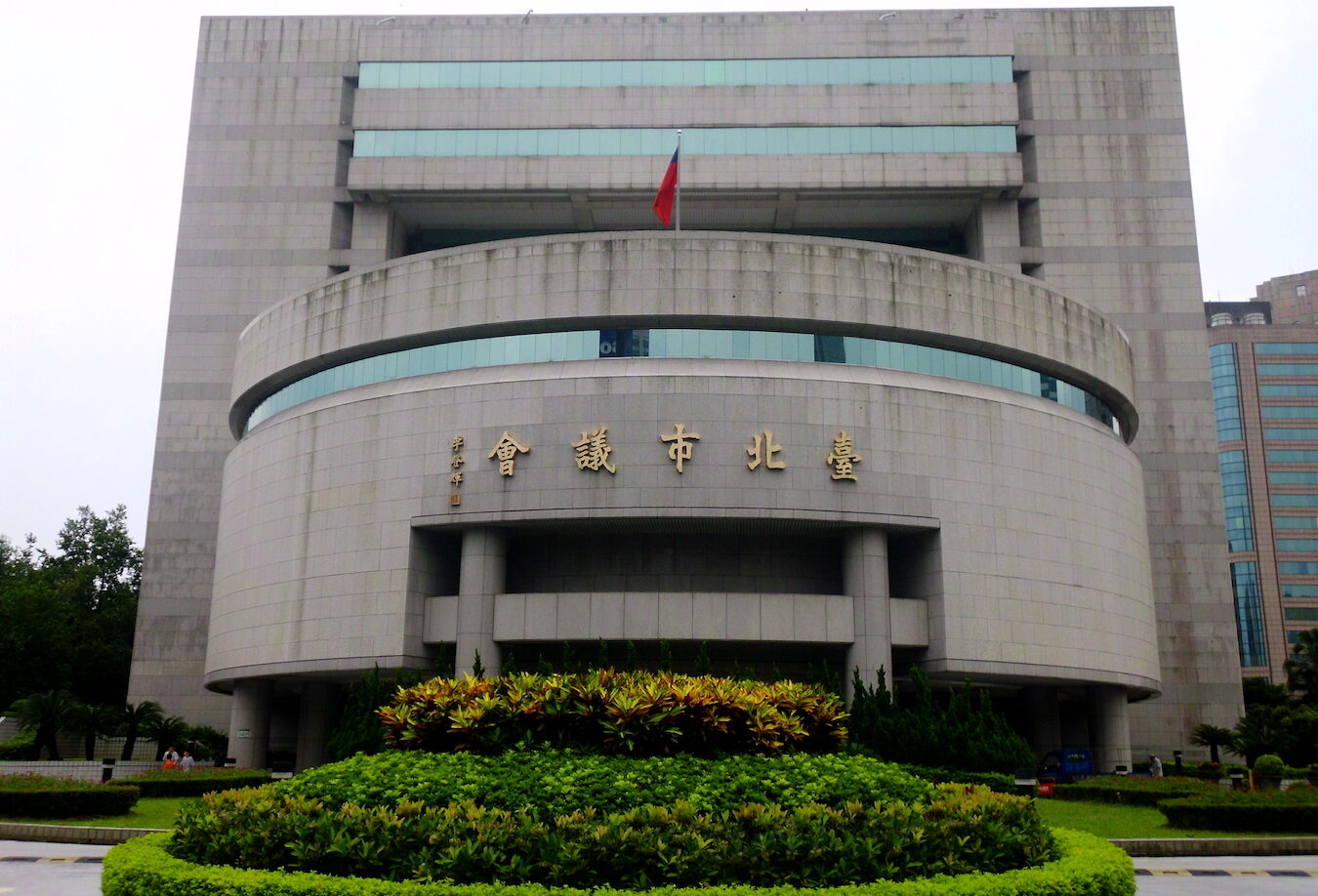by Brian Hioe
語言:
English
Photo Credit: SSR2000/WikiCommons/CC BY-SA 3.0
KAOHSIUNG CITY COUNCIL assistants announced plans to set up a new union earlier this month. In particular, city council assistants have drawn attention to the fact that salaries for city councilor assistants have remained the same for 23 years.
City councilors are partly subsidized by the government to pay for their assistants, but city councilors are still only provided 240,000 NT per year for such subsidies. As such, city councilors may not make more than 30,000 NT, which is just above the minimum salary of 26,400 NT.
City councilor assistants have pointed out that this does not keep pace with rising inflation, nor has it with the increases in the minimum wage from 17,240 to its current 26,400 NT. In particular, the 240,000 NT annual subsidy for city councilors has not increased since 2000.
To this extent, city councilor assistants are required to work long, irregular hours on the campaign trail. This is particularly the case during holidays in which they are called on to accompany city councilors making temple visits and the like. Given this burden, city council assistants have cited that they mostly remain at the job because of their ideals.
This is one of the first attempts to organize city councilor assistants in Taiwan, if not the first. It is to be seen whether there will be attempts to organize city council assistants outside of just Kaohsiung, depending on the unionization success of assistants in the Kaohsiung city council. The union has emphasized that it is non-partisan and includes members of both major political camps.
Specifically, city councilors are usually highly dependent on a small number of assistants in order to run campaigns or operate local offices. This is also the case with regard to legislative assistants.
 Photo credit: 象心力/WikiCommons/CC BY-SA 3.0
Photo credit: 象心力/WikiCommons/CC BY-SA 3.0
Compared to other political systems in other countries, legislative or city council assistant is a comparatively important role in Taiwan. This is particularly so at the legislative level. Namely, legislators sometimes cultivate legislative assistants as potential successors for office, to run for legislature if they move on to another political position. Otherwise, legislators sometimes seek to run legislative assistants as city councilors in their home districts, to strengthen their local base.
Despite this, however, the work as legislative or city council assistants can still be precarious. And even as Kaohsiung city council assistants have taken action against what they frame as low pay, one has seen recurring scandals in the past few years of politicians embezzling fees for legislative or city council assistants.
This usually takes the form of city councilors or legislators hiring relatives, friends, or partners as legislative or city council assistants in order to pocket the fees that are intended to subsidize paying for assistants. Such scandals take place both in the pan-Blue and pan-Green camps. In the past, this has raised questions when politicians implicated in such wrongdoing, such as Hsinchu mayor Ann Kao of the TPP, do not seem to lack money.
Perhaps such money would be better spent paying one’s existing assistants better. Nevertheless, in this sense, city council or legislative assistants are among a host of jobs in Taiwan where pay does not keep pace with irregular hours, or seasonal work. As with such jobs, city council or legislative assistants are usually young, and sometimes new entrants to the workforce. It may not be surprising that some do not stay long at their jobs, as a result of the workload.
It is to be seen what the response from elected officials is to such unionization efforts. Though some politicians, such as Chang Po-yang of the Taiwan Statebuilding Party, have expressed support for the unionization efforts. But, to this extent, there have also been cases in which city councilors faced lawsuits for overworking their assistants or even docking their pay for perceived infractions, as independent Lin Yin-meng was accused of in 2022. As such, it would not be surprising if city councilors or legislators are reluctant to take action on the issue either.
Calls for such changes take place shortly before the presidential and legislative election cycle, though not city council elections. It is to be questioned if the issue gains traction, then. But labor actions often take place before elections, with the aim of attracting public attention during this time, and in that way becoming a campaign issue.

